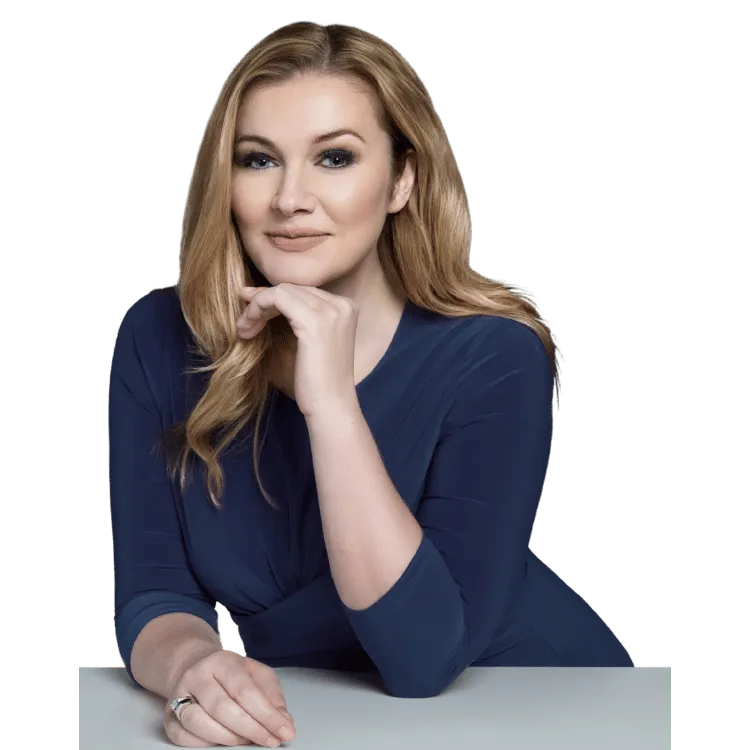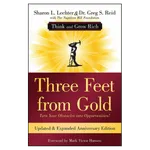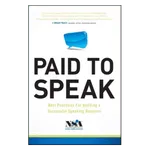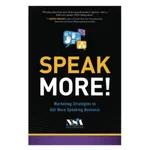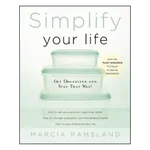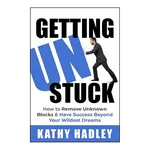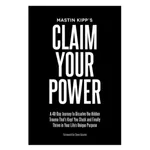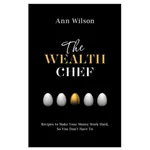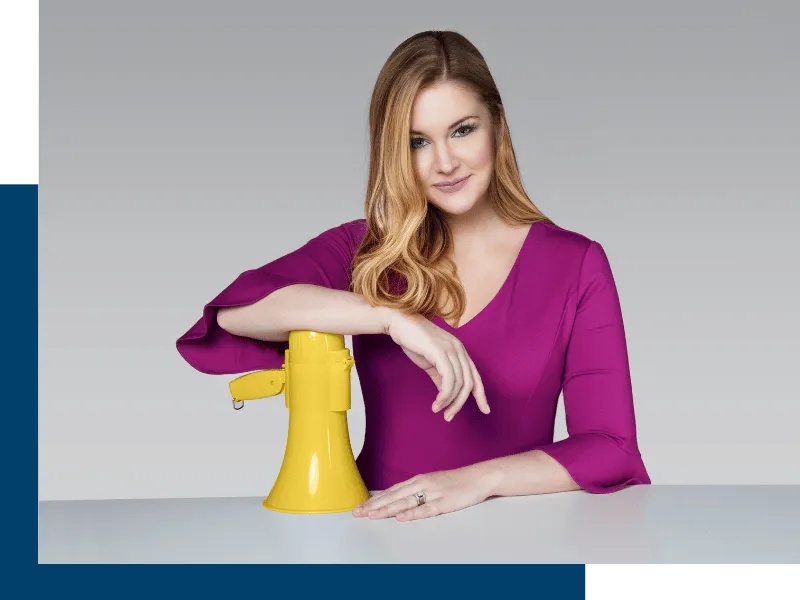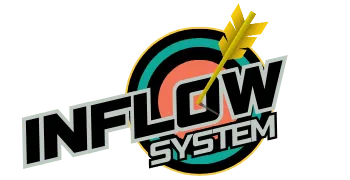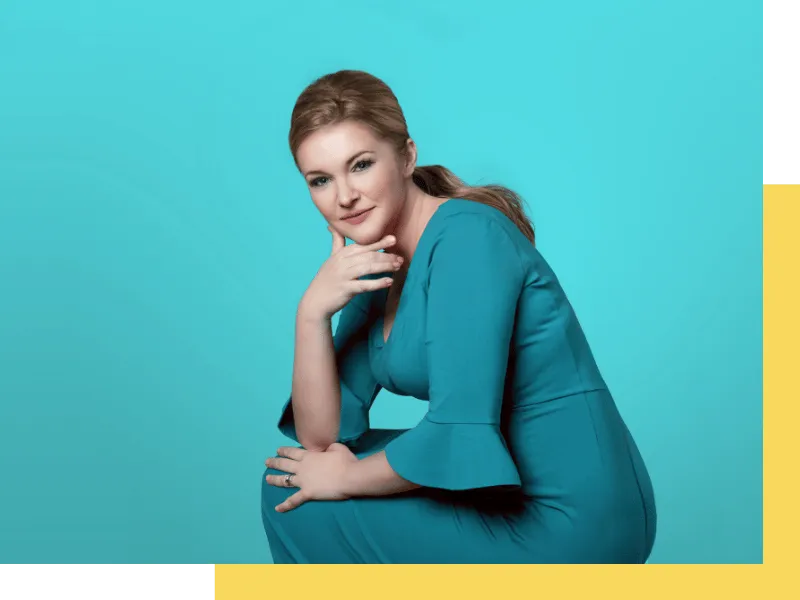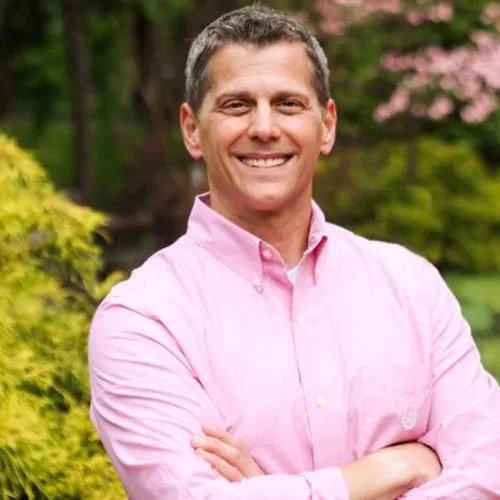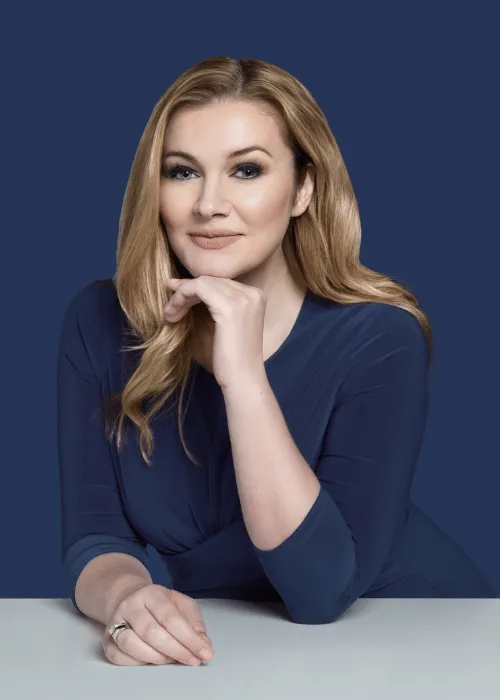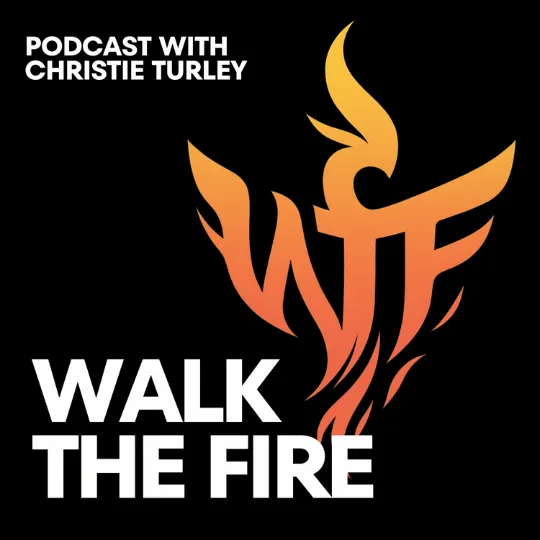Featured In:

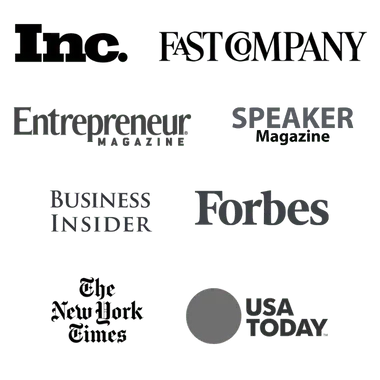
Instead of being asked “What do you do?” they will say, “I have been following your work.”
SELECT BOOKS from Clients
I help leaders reinvent their careers, elevate their brands and BE KNOWN.
Platform-Building for Thought Leaders + Authors
For nearly 20 years, Vibe Tribe Interactive has been the engine behind platforms that position experts and visionaries as household names. We’ve ghost-advised behind the scenes of 6-, 7- and 8-figure launches, bestselling books, and inner circles of Tony Robbins, Deepak Chopra, Oprah’s Network, Arianna Huffington, Hay House, Wiley Publishing, and more.
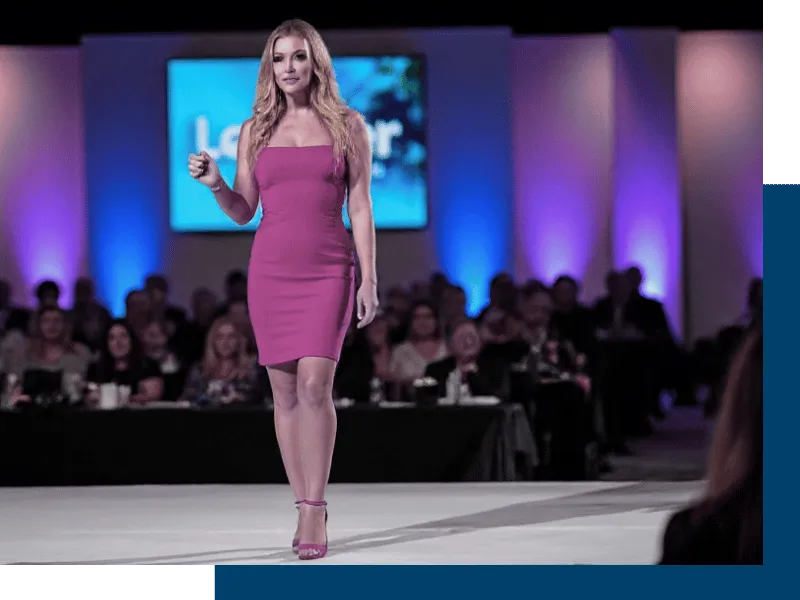
Ask Christie to speak at your event, retreat, summit or mastermind. Christie Turley speaks on topics, such as:
Leadership + Self-Leadership
Decision-Making
Intuition
Empathy
Reinvention
Personal Branding
Authentic Communication
Your All-in-One Marketing Toolbox
Behind Vibe Tribe Interactive’s 20 years of marketing and launch experience is a powerful software solution: InflowSystem™. Because it’s backed by her award-winning marketing agency, you also get access to proprietary frameworks, pre-built campaigns and strategies to help you launch faster and grow smarter.
I help executives reveal blind spots and recalibrate how they lead.
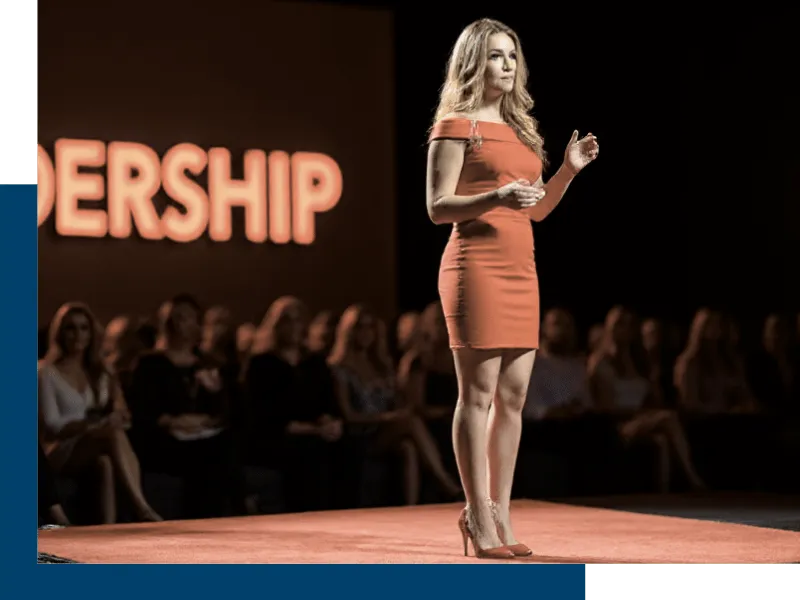
Leadership Training + Speaking
Christie's consulting company, The Velocity Method™ delivers leadership workshops and executive coaching that rewire how leaders show up and sustain momentum.
Featured clients


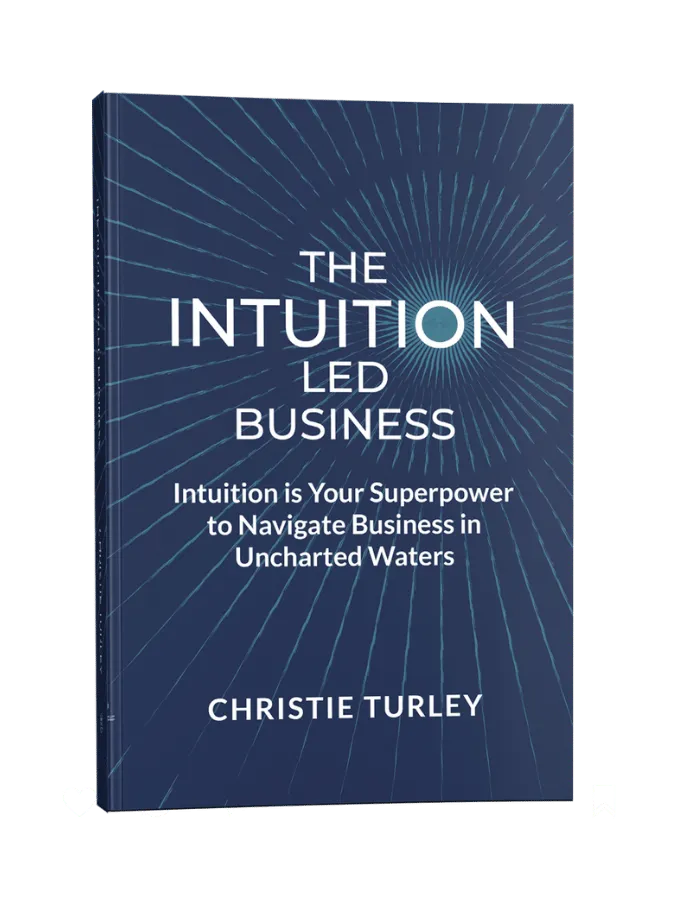
Speed Up Business Growth by Slowing Down & Tuning In
The Intuition-Led Business is a book that helps leaders blend intuition with strategy to break free from limiting beliefs and make fearless decisions.

“This book takes what a lot of leaders know to be true and puts it in a language, a process and a way to lead a business in the present era. Christie really hits the salient points of not only the 'how to' but also tapping into one of the greatest growth advantages business leaders have for growing their businesses.”
— David McGlennen, CEO of Impact Leadership
Everyone Has a WTF Moment.
On the Walk the Fire podcast, entrepreneurs and executives get real about their Walk the Fire (WTF) moments, what burned away, and how it defined their next chapters.
What if one question could change your life? In this episode, Chicken Soup for the Soul co-creator Mark Victor Hansen and transformational coach Crystal Dwyer Hansen reveal the secret to reinvention, resilience, and unlocking your true calling... by mastering the art of asking.
"Take adversity and turn it into advantage—that’s the pivot."
— Mark Victor Hansen
“There's no mechanism that reveals what’s hidden like asking.”
— Crystal Dwyer Hansen
EPISODE 44
Christie Turley shares how resisting her intuition kept her stuck in formulas, mentors, and external validation until unmistakable signs pushed her to write The Intuition-Led Business.

